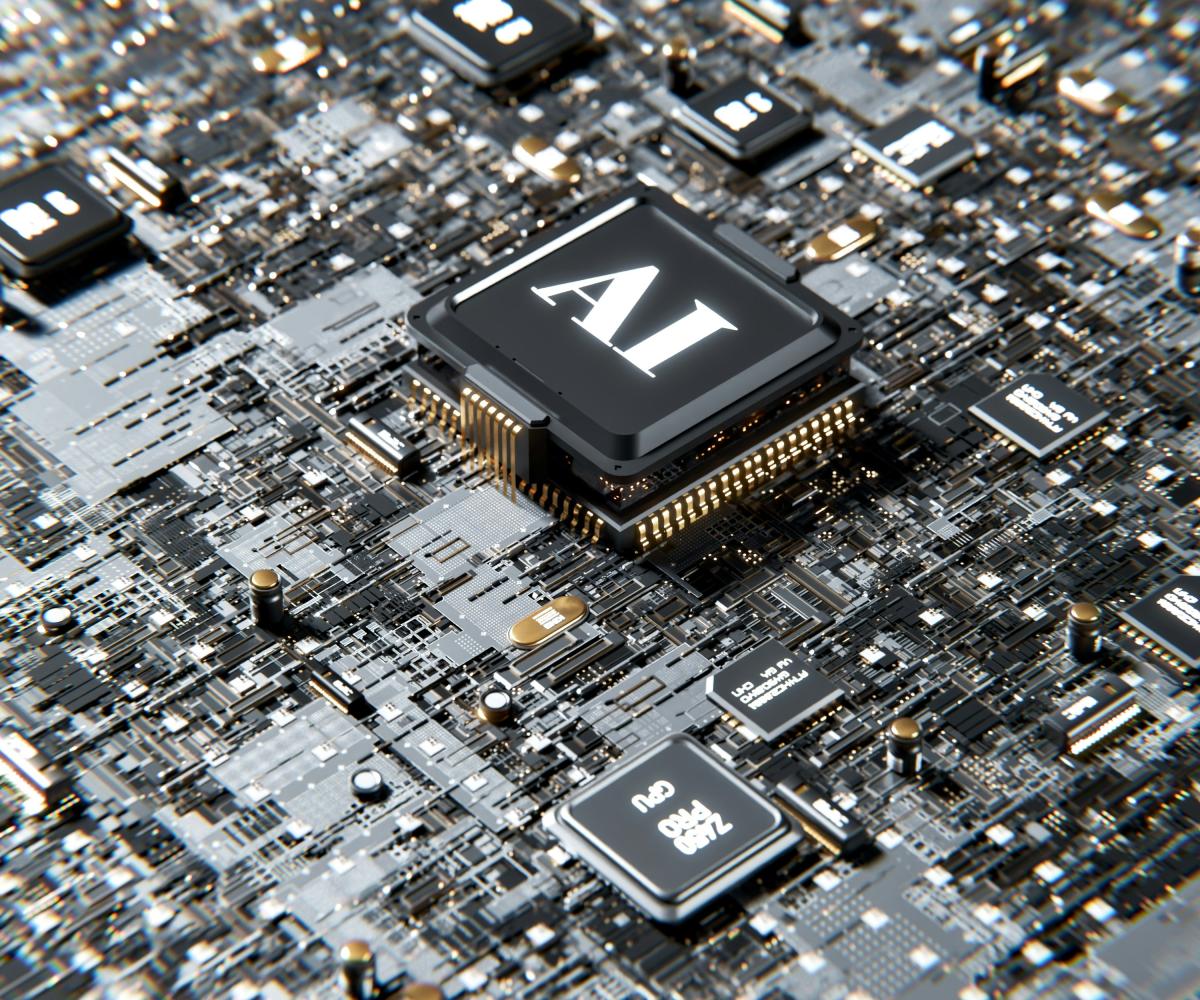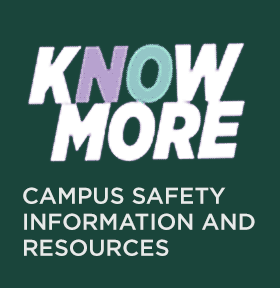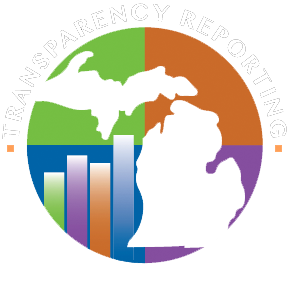A wide range of disciplines are adopting artificial intelligence, or AI, at a rapid pace. From science and medicine to the humanities and education, AI is influencing the landscape of how information is accessed and processed. At Michigan State University, the College of Engineering is exploring new ways for AI to improve lives through railway safety, AI security, learning and health outcomes.
AI Summit
The MSU AI Summit was held on May 7 in the STEM Teaching and Learning Facility. Organized by the Ethics Institute, in partnership with the College of Engineering and the Center for Teaching and Learning Innovation and with support from several units and departments from across campus — the summit was designed to create a cross-campus conversation about MSU’s approach to AI and to share a proactive and unique AI strategy.

The event brought together a diverse audience of educators, researchers and executives to explore what AI means for MSU now and into the future. Featured experts from the College of Engineering included Arun Ross, Martin J Vanderploeg Endowed Professor, and Mohammad Ghassemi, assistant professor, both in the Department of Computer Science and Engineering, and John Verboncouer, senior associate dean for research and innovation.
Read more about the AI Summit
Grade crossing safety enhancements through LiDAR, AI and computer vision
Surya Congress, an assistant professor in the Department of Civil and Environmental Engineering, received a $428,133 grant from the Federal Railroad Administration to lead a project aimed at improving safety at rural railroad crossings. The team will use advanced mapping technology called Light Detection and Ranging or LiDAR – which creates detailed 3D images of landscapes — to study these crossings. By applying artificial intelligence tools like machine learning and computer vision, they hope to identify potential dangers for different types of vehicles before accidents happen. This proactive approach supports national efforts to make railroad crossings safer for everyone.
Read more about this project and others in the FY 2023-2024 Consolidated Rail Infrastructure and Safety Improvements (CRISI) Program
Enhancing AI safety through Large Language Model unlearning
Open Philanthropy awarded $484,000 to Sijia Liu, associate professor in the Department of Computer Science and Engineering, to support his project on AI safety. The research introduces a new and consistent method for unlearning or removing knowledge from Large Language Models (LLMs) – AI systems like ChatGPT, which are trained on vast amounts of text data. The goal is that once something is removed from the model, it cannot be recovered, even accidentally or through manipulation. If the model is retrained or updated after the unlearning, the removed knowledge does not come back. Jailbreak attacks – attempts to bypass safety or restrictions in the model to make it reveal hidden or removed information – will also be resisted by the framework.
Read more about Invariance in Large Language Model Unlearning
Finding disease markers using nanomedicine, AI and causal analysis
Borzoo Bonakdarpour, associate professor, and Mohammad Ghassemi, assistant professor, both in the Department of Computer Science and Engineering, were awarded $240,000 by the National Science Foundation to collaborate with Morteza Mahmoudi, associate professor in the Department of Radiology and the Precision Health Program in the MSU College of Human Medicine. The team is working to identify disease markers for prostate cancer and heart disease. In a first-of-its-kind approach, researchers combined nanomedicine, artificial intelligence and a technique known as causal analysis to directly link these biological signals to disease. This unique blend of medicine and engineering has the potential to improve health care outcomes for millions.
Read more about AI-driven prediction of cardio-oncology biomarkers through protein corona analysis
Exploring spatial thinking skills in children with smart objects, advanced AI and sensors
Subir Biswas, professor in the Department of Electrical and Computer Engineering, was awarded $365,000 by the National Science Foundation to study influences on spatial thinking in children. This is a crucial skill for success in science, technology, engineering, and math (STEM), yet there is still much to learn about how children develop this ability. This project explores how young children build spatial thinking skills during play, and how conversations with parents can influence that development. The research uses smart building blocks, fitted with sensors, and advanced artificial intelligence tools to study both the way children construct patterns and the language that parents use to support them. The project aims to understand how everyday play and language helps shape a child’s mind, especially in STEM-related skills. The project also creates opportunities to engage in hands-on research and shares results with parents, teachers, and the broader community.
Read more about Collaborative Research: Leveraging Smart Objects and AI for Understanding the Role of Language in Spatial Thinking and Learning
Written by Judi Melena Smelser
MSU College of Engineering Media and Public Relations page

